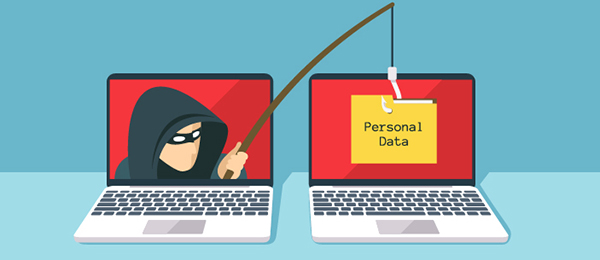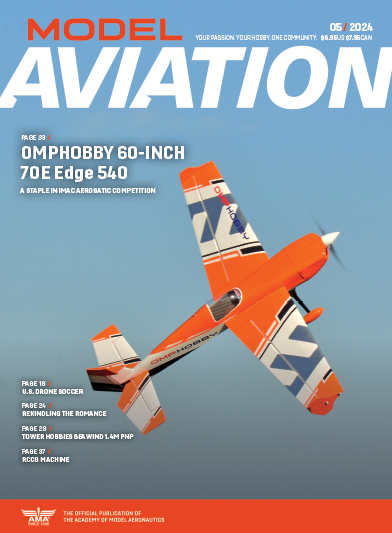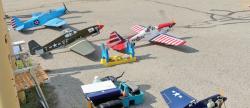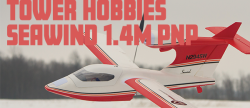Beware of Scams and Phishing

Written by Rachelle Haughn "In the Air Column" as seen in the November 2018 issue of Model Aviation.
Email, internet, and telephone scams are nothing new to Americans. News stories about identity theft and people overseas convincing others to wire them money are commonplace today. You might not expect these scammers to infiltrate the hobby that you love, but they have. And it has been going on for some time. AMA wants you to be aware that some emails appearing to come from AMA, its officials, or members of your club, in fact, are not legitimate. Often, these messages ask for money to be wired or have a link to click on. These are scams or phishing schemes. Be cautious when visiting websites that appear to be for the FAA’s UAS registration. Only one of these websites is legitimate; the rest were devised to steal your money and could cost you at least 10 times what it should cost to register your aircraft with the FAA.
When a club or member is scammed, the AMA Headquarters is often one of the first places that they call. AMA has received some reports from club members who believe that they received emails from fellow members. These messages instruct someone to wire money to a bank account or to a company. The email address appears to be legitimate, but it is not. AMA has received reports of AMA clubs losing thousands of dollars in such schemes and the clubs were unable to recoup it.
A scammer has also been writing emails to individuals asking for their phone numbers or for a favor. The emails appear to come from Chad Budreau, AMA’s executive director. These are fake. Keith Sessions, AMA’s chief financial officer, and Chad have some advice for members. Keith urges members to never click on a link in an email because that could lead to a security breach. Also, personal or confidential information, such as Social Security numbers, birthdates, addresses, etc., should not be provided through email or over the telephone.
“Always be cautious when an email asks for personal information or money,” Chad stated. “Even if the email appears legitimate, please investigate. Sometimes scammers will use email addresses that are identical to someone else or very similar (perhaps as a minor spelling change). This doesn’t necessarily mean someone’s identity is stolen. It is easy to mimic an email to appear as from someone else.”
There are a number of entities that offer to help unmanned aircraft owners and operators file an application for an FAA registration number. Some attempt to mimic the look of the FAA’s website with similar graphic design and the FAA logo, or suggest they are somehow "approved" by the agency. They aren’t—and you could be wasting your money. The FAA doesn't regulate these entities and won't speculate on their legitimacy. The actual FAA registration fee is $5. For that charge, modelers receive one identification number for all the aircraft that they own. All others pay the registration fee for each aircraft they intend to operate.
AMA advises you to avoid registering your unmanned aircraft anywhere but at the FAA Drone Zone at www.faa.gov. It’s the only way to make sure your model is legally registered and that you’ve gotten your money’s worth.
For more information about how to protect yourself or your club from scams and phishing schemes, read Keith’s column in the October 2018 digital edition of Model Aviation and stay current with news reports and social media posts about scams. If you or your club fall victim to a scam, report it to local law enforcement. —Rachelle Haughn [email protected]










Add new comment